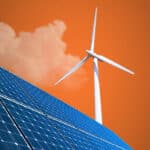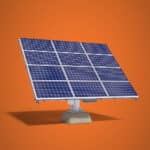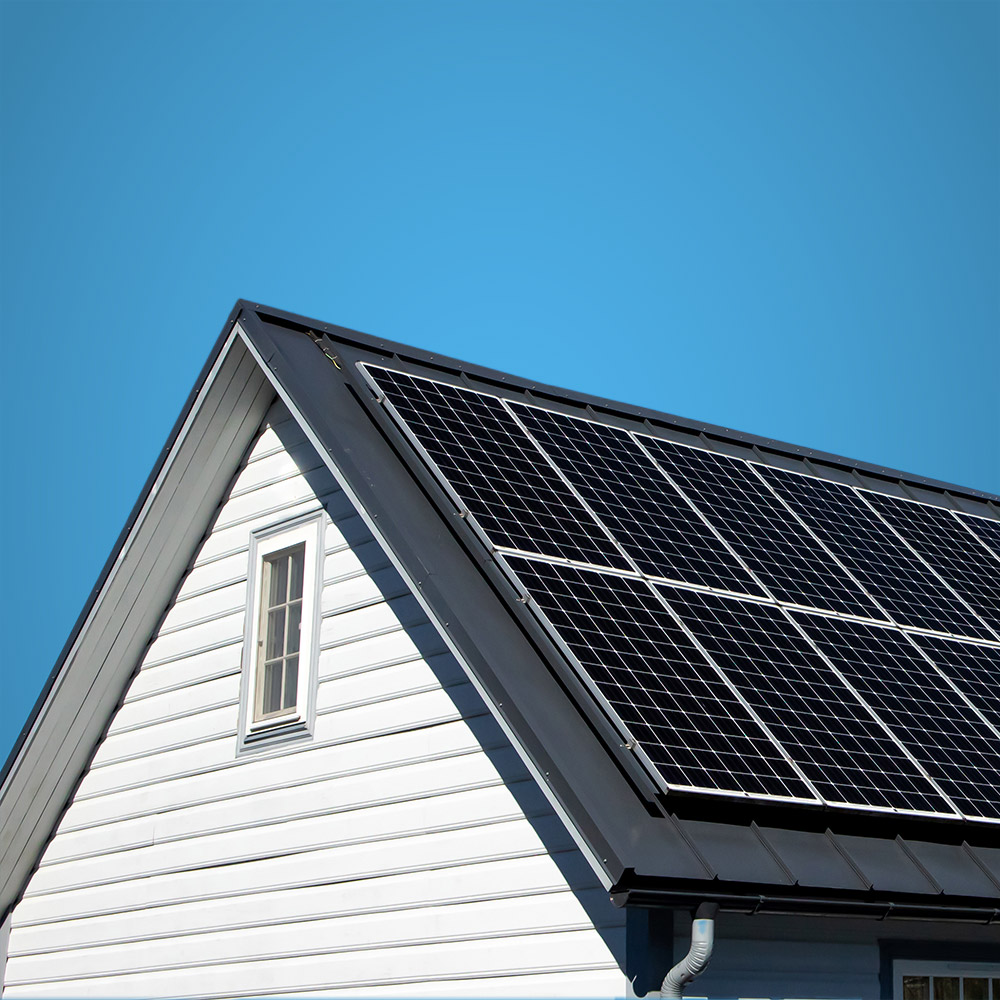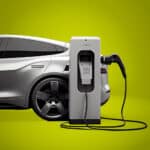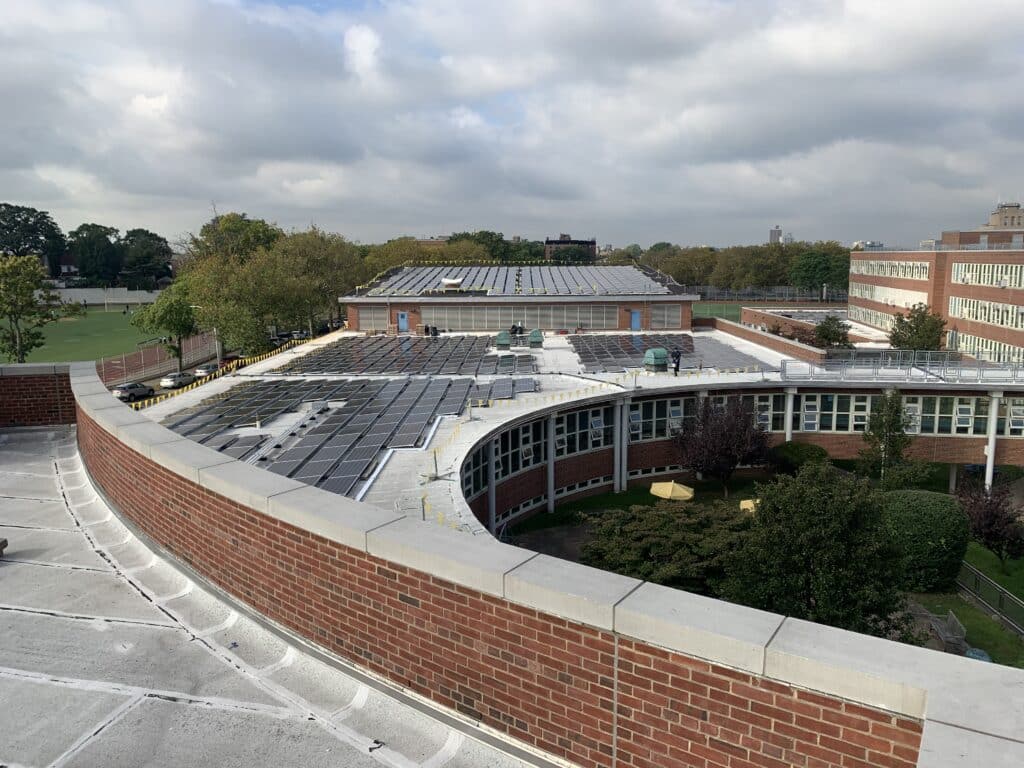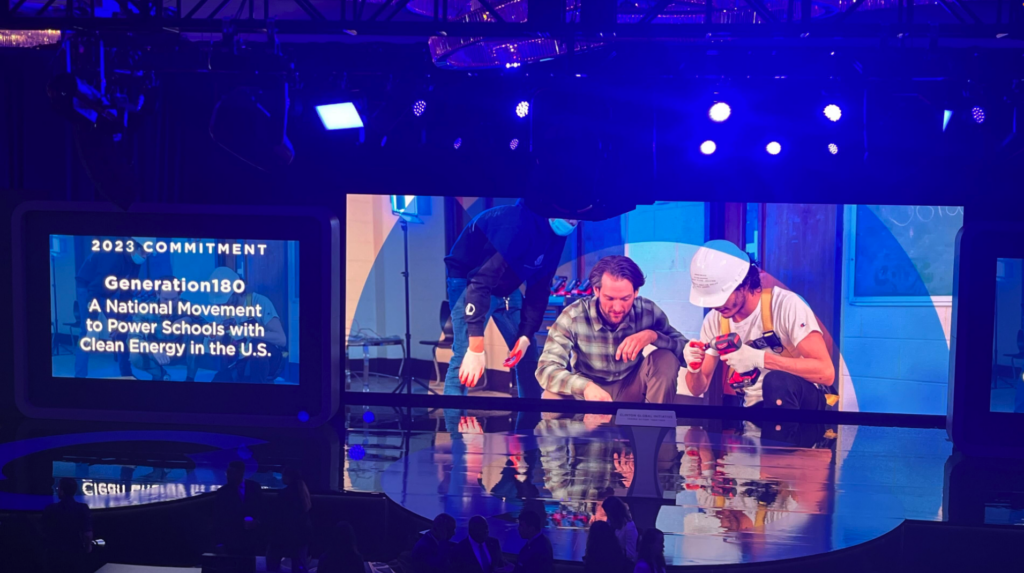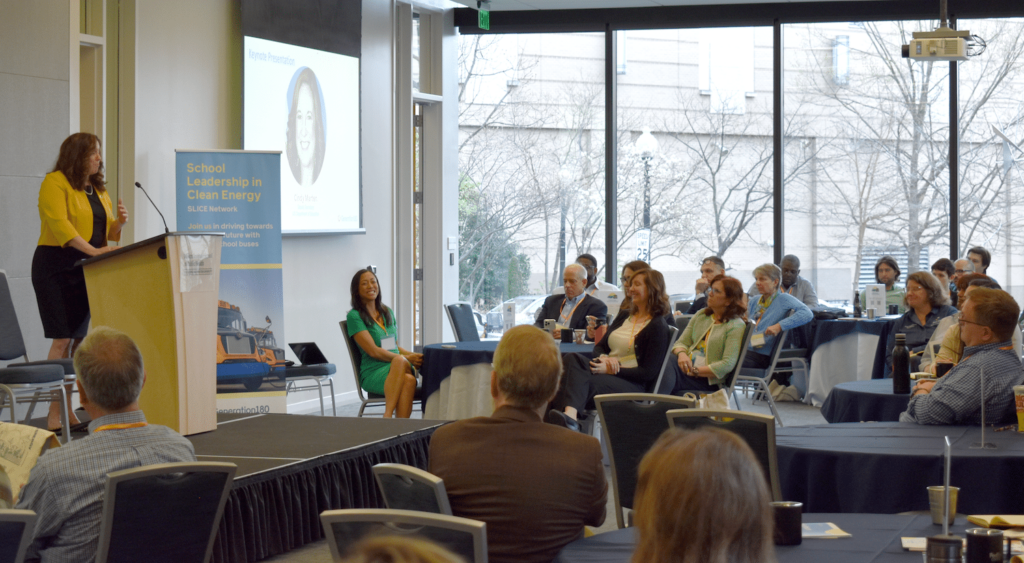The number of Virginia schools going solar has tripled since 2017, giving schools an opportunity to save millions of dollars on electric bills and accelerating Virginia’s progress toward renewable energy.
But due to legal barriers, robust plans to go solar in Fairfax County and other districts across the state came to an abrupt halt early this month. Action by Virginia’s General Assembly in the next few weeks is urgently needed to get this clean energy momentum back on track.
Virginia schools need your help. Contact your state legislator and voice your support for key legislation that will create equal access for all schools to go solar.
In 2013, Virginia law established a pilot program in Dominion Energy’s territory that allows customers to finance solar projects using power purchase agreements (PPAs)—but on a limited basis. Dominion’s pilot program enables businesses, nonprofits, and localities to finance solar installations by involving a third party—usually a solar developer—which purchases and maintains the solar panels for a set time period (often for 20 or more years). In return, the customer agrees to buy the electricity produced by the panels at a fixed rate that is typically lower than what the utility charges— resulting in immediate electric bill savings. PPAs have been popular with Virginia schools because they make it possible to install solar with little-to-no upfront investment or ongoing maintenance costs. Furthermore, the annual energy savings can be invested back into student learning.
K-12 Schools utilized 87% of the solar capacity in Dominion’s pilot program
But as of Jan 7, 2020, Dominion’s pilot program hit the 50 MW limit. With the program now fully subscribed, no new power purchase agreements (PPAs) are allowed in Dominion territory. This development is cutting short the plans of major Virginia municipalities and school districts to save millions of dollars in energy costs by going solar. Fairfax County had plans to save $60 million over the next 25 years by installing up to 45 MW of solar energy capacity on its properties. While 6.5 MW of solar projects were registered before the cap was met, the vast majority of that project is now on hold unless this General Assembly can provide a legislative fix.
In other parts of the state, such as the territories of Appalachian Power and Old Dominion Power, K-12 schools are not allowed to utilize PPAs to go solar and save on energy bills. Legislative changes are needed now to ensure all Virginia schools have access to the financial and educational benefits of solar.
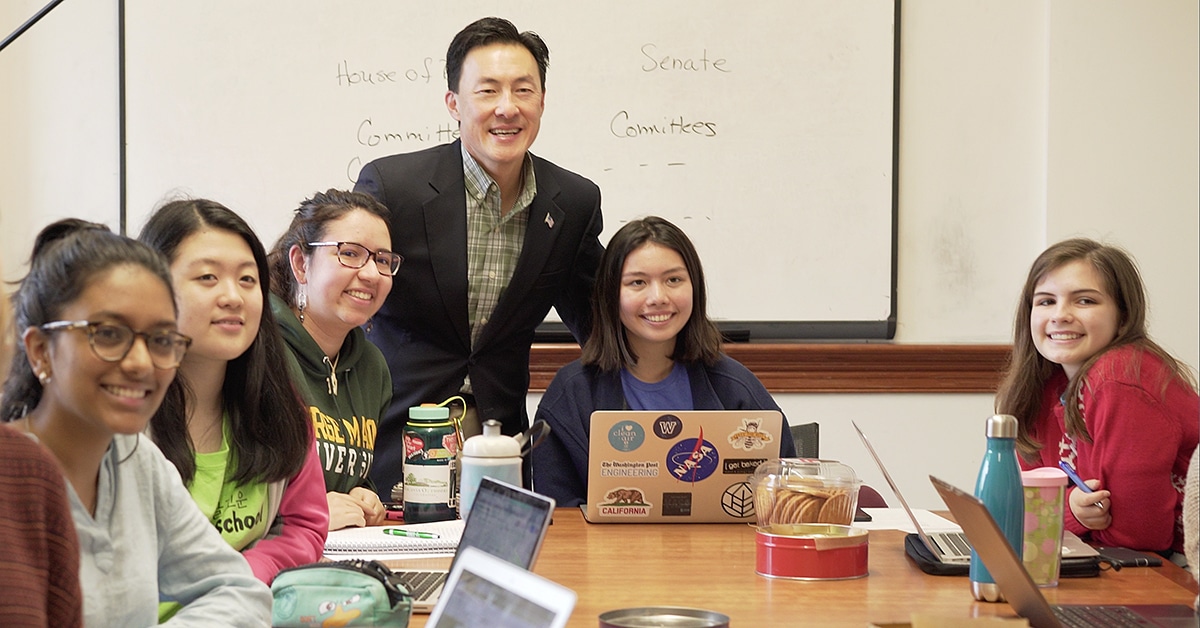
Take Action Now
Contact your state legislators to voice your support for the three bills that would specifically remove the cap on PPAs statewide and other unnecessary barriers to going solar:
– Senate Version: SB 851 Electric utility regulation; environmental goals, (Introduced by Sen. Jennifer McClellan)
– House Version: HB 1526 Electric utility regulation; environmental goals, (Introduced by Del. Rip Sullivan)
– Senate Version: SB 710 Distributed renewable energy; establishment of solar renewable energy, etc. (Introduced by Sen. Jennifer McClellan)
– House Version: HB 572 Distributed renewable energy; establishment of solar renewable energy, etc. (Introduced by Del. Mark Keam)
SB 532 Third-party power purchase agreements; regulation of retail sales of electricity under agreements (Introduced by Sen. John Edwards)
This is a critical window of opportunity to drive Virginia’s transition to clean energy forward. Your voice matters—especially at this moment. Use our tool to contact your legislator and voice your support for the above policies.
More Resources
- Generation180’s Powering a Brighter Future for Virginia’s Schools report (November 2019)
- Washington Post – Dec 27, 2019: “Fairfax solar plan could spur change to Va. law meant to shield Dominion Energy from competitors”
- Richmond Times-Dispatch – Nov 30, 2019: “Editorial: PPAs offer a financial bright side for our schools”
- Energy News Network – Nov 26, 2019: “Virginia schools’ rapid solar growth is headed for ceiling without legislative fix”
